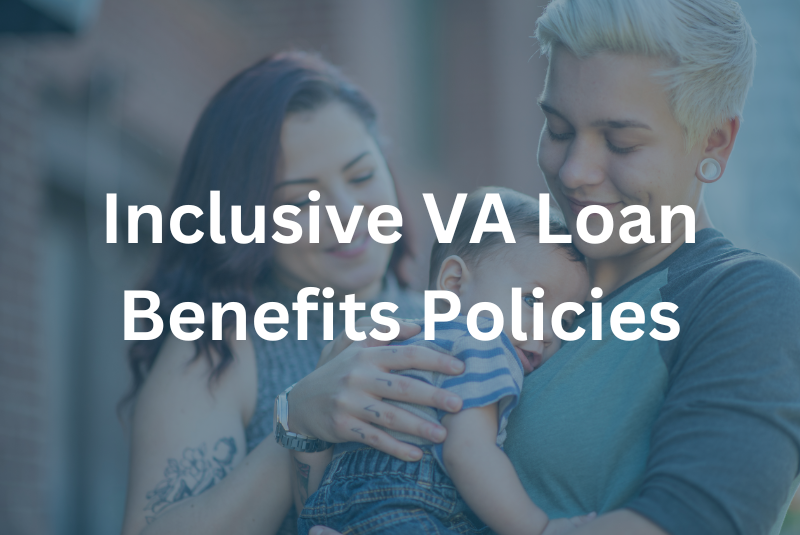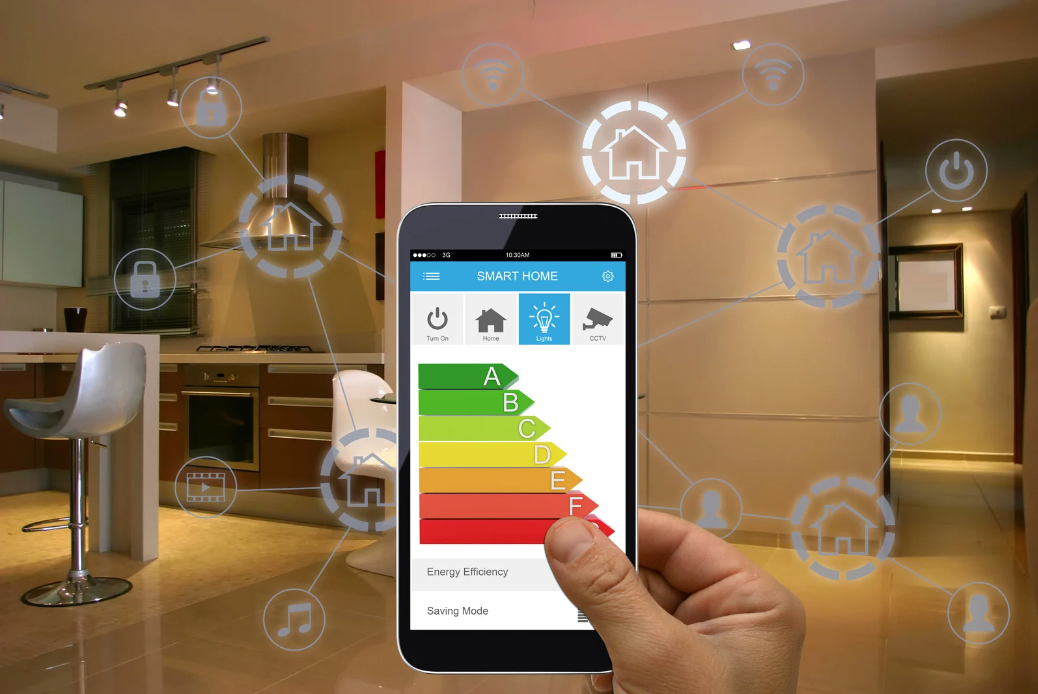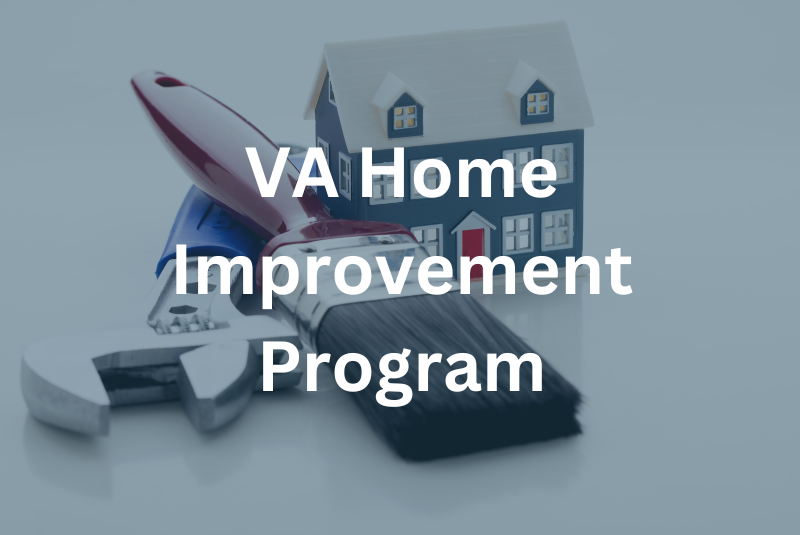Same-sex and Common law marriage couples are still eligible to take advantage of the VA…
House Hacking for Veterans
What is House Hacking?
House hacking is a real estate investment strategy transforming a primary residence into an income-generating asset. Utilizing a VA home loan to engage in house hacking presents a particularly appealing opportunity for veterans.
House hacking is a smart move financially. It entails buying a multi-unit property, living in one unit, and renting out the others. The rent you collect from tenants can significantly offset or even cover your mortgage payments, lightening your financial load.
Advantages of House Hacking for Veterans
The benefits of house hacking extend beyond just economic gains:
- Financial Flexibility: The rental income provides a buffer that can help manage the mortgage payments, especially in times of financial uncertainty or transition.
- Investment Opportunity: Owning a multi-unit property allows veterans to step into the real estate market as investors, providing both immediate cash flow and long-term capital appreciation.
- Learning Experience: Managing a rental property can equip veterans with valuable real estate management skills, such as tenant screening, property maintenance, and financial management of real estate assets.
House Hacking with a VA Loan
To successfully implement a house hacking strategy with a VA loan, veterans should consider the following steps:
- Property Selection: Choose a property that not only fits your living needs but also appeals to potential renters. Consider factors like location, neighborhood amenities, and the overall condition of the property.
- Financial Analysis: Assess the potential rental income to ensure it covers or significantly mitigates the mortgage and maintenance costs. It’s essential to factor in expenses such as property taxes, insurance, repairs, and potential vacancy periods.
- Legal and Compliance Considerations: Understand local landlord-tenant laws and ensure the property complies with all applicable regulations. This includes zoning laws, safety codes, and fair housing regulations.
- Tenant Management: Develop skills in marketing your rental units, screening potential tenants, and managing lease agreements. Good tenant relationships can lead to long-term tenancy and reduce turnover costs.
- Financial Management: Keep meticulous records of all income and expenses related to the property. This financial diligence is crucial for tracking profitability and can be beneficial for tax purposes.
Long-term Benefits of House Hacking
House hacking can pave the way for greater financial freedom and stability. Over time, as the mortgage is paid down and property values potentially increase, the equity in the property grows, providing veterans with a significant financial asset.
Additionally, the experience gained from managing a multi-unit property can lay the groundwork for further real estate investments, expanding a veteran’s portfolio and opportunities for wealth generation.
Conclusion: A Strategic Approach to Real Estate for Veterans
House hacking with a VA loan offers a viable and strategic path for veterans to enter the real estate market, leveraging their benefits to not just own a home but also to establish a foundation for long-term financial growth.
This approach not only helps manage living expenses but also introduces veterans to the world of real estate investment in a manageable and practical manner.
By understanding the intricacies of house hacking and utilizing VA loans effectively, veterans can maximize their housing benefits, turning a primary residence into a stepping stone towards achieving broader financial goals.
Frequently Asked Questions
What is house hacking? House hacking involves purchasing a multi-unit property, living in one of the units, and renting out the others. This strategy allows homeowners to use the rental income to offset or cover their mortgage payments, effectively reducing their living expenses.
Can any veteran use a VA loan for house hacking? Yes, any veteran who qualifies for a VA loan can use it for house hacking, provided they meet the service and financial requirements set by the VA. The key is that the veteran must occupy one of the units as their primary residence.
Are there specific credit score requirements for veterans looking to house hack with a VA loan? The VA itself does not impose a specific minimum credit score for loan eligibility. However, individual lenders might have their own credit requirements. Veterans are encouraged to shop around if their initial loan application is challenged based on credit score.
Can rental income from other units be used to qualify for a VA loan? Yes, veterans can use a portion of the projected rental income to qualify for a VA loan. Typically, lenders allow up to 75% of the rental income from tenant-occupied units to be considered in the borrower’s income calculations, aiding in loan approval.
What are the down payment requirements for veterans interested in house hacking with a VA loan? One of the most significant benefits of VA loans is the 0% down payment requirement, which is especially advantageous for veterans who may not have substantial savings. This feature applies whether the property purchased is a single-family home or a multi-unit property.




